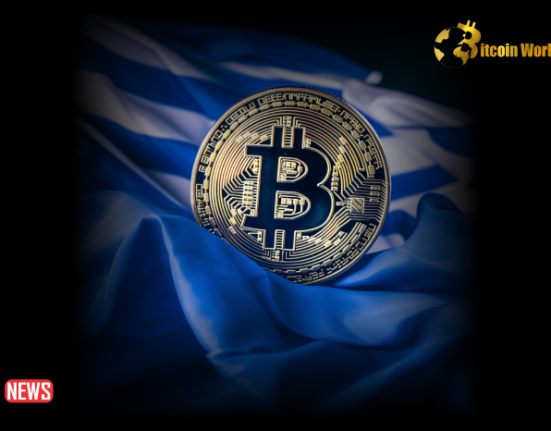The Central Bank of Nigeria has ordered four fintech firms – Moniepoint, Palmpay, Opay, and Kuda – to cease the creation of new accounts, citing their potential use by cryptocurrency traders.
An executive from one of the affected fintech companies has associated the Central Bank’s directive with a current audit of the Know Your Customer (KYC) procedures implemented by these firms.
Fintech Firms Say Freeze Is Temporary
The Central Bank of Nigeria (CBN) has reportedly directed four fintech firms to cease opening new accounts in an attempt to lock out crypto traders accused of exacerbating the currency’s decline. The directive affects Moniepoint, Palmpay, Opay, and Kuda.
A report from Techcabal states that the CBN’s directive was issued shortly after the Economic and Financial Crimes Commission (EFCC), Nigeria’s anti-graft body, blocked over 1,140 bank accounts allegedly associated with illegal foreign transactions.
The report also cites a statement from one of the fintech firms suggesting the account freeze is temporary.
See Also: How “Fake” Nigerian Central Bank Circular Stoked Crypto Ban Fears
An executive from one of the fintech firms, who wished to remain anonymous, similarly confirmed the temporary nature of the pause. The executive also linked the CBN’s directive to an ongoing audit of the Know Your Customer (KYC) processes of the affected fintech firms.
Fintechs Not Enhancing Their Reputation With the CBN
In the meantime, the report quotes another anonymous source stating that the CBN and Nigeria’s National Security Agency had engaged the four firms prior to issuing the directive.
“The CBN feels like a lot of crypto traders were leveraging the fintech platforms to disrupt the FX market. The banks also have a better relationship with the regulator while fintechs are yet to build that type of relationship and help their perception with the CBN,” the anonymous source said.
After rescinding a directive issued on Feb. 6, 2021, the Central Bank of Nigeria (CBN) appeared to repudiate this move when it joined the Nigerian government in blaming cryptocurrency traders for the local currency’s decline.
Since then, Nigerian authorities have focused on Binance, which has been accused of funneling more than $26 billion out of the economy.
However, with the naira still struggling against major currencies, Nigerian authorities have shifted their attention to other cryptocurrency exchanges and now financial technology firms. Meanwhile, a recent analysis by the Economic and Financial Crimes Commission (EFCC) determined that only 10% of the blocked accounts were operated by financial technology firms, with commercial banks accounting for the remainder.
Disclaimer: The information provided is not trading advice. Bitcoinworld.co.in holds no liability for any investments made based on the information provided on this page. We strongly recommend independent research and/or consultation with a qualified professional before making any investment decisions.
#Binance #WRITE2EARN














